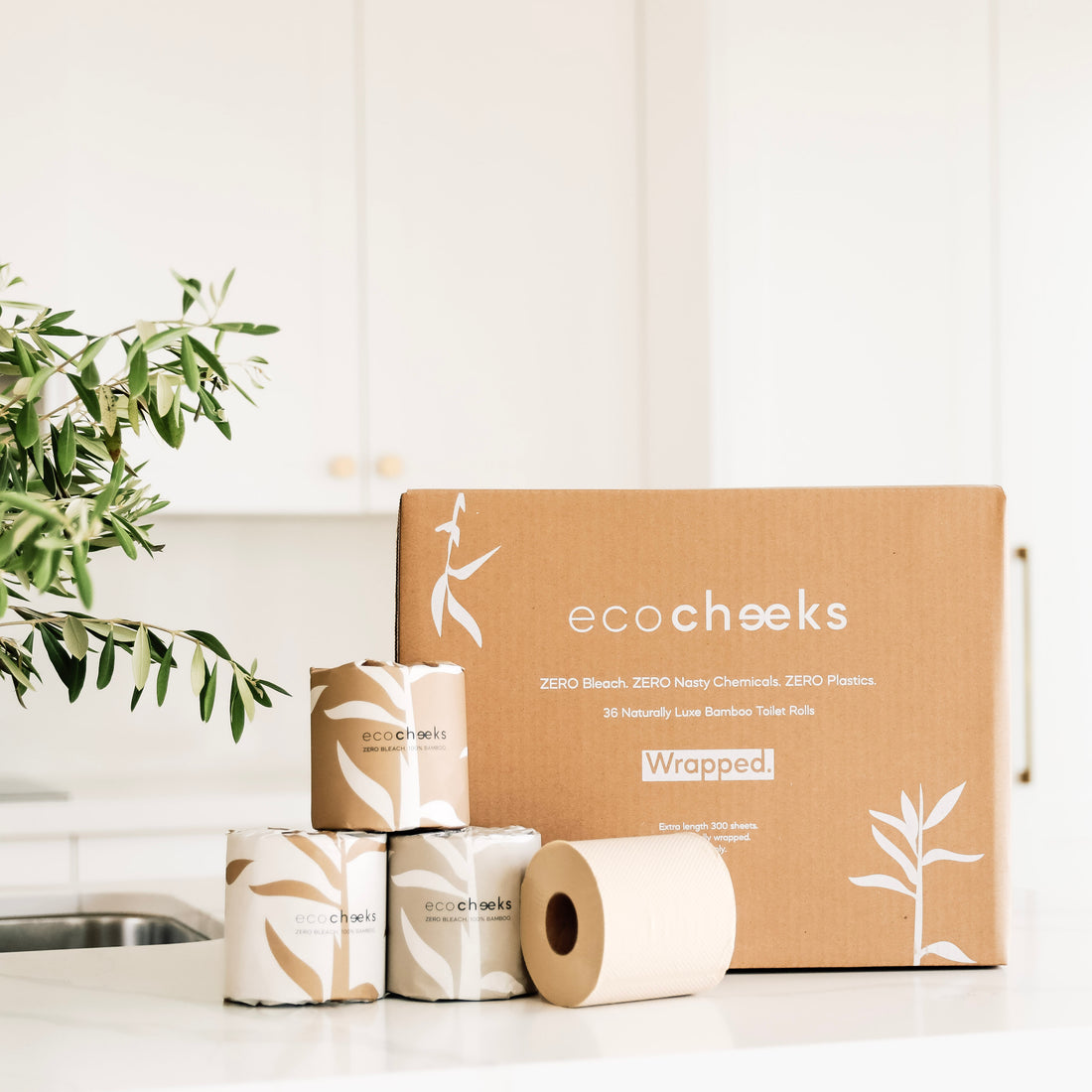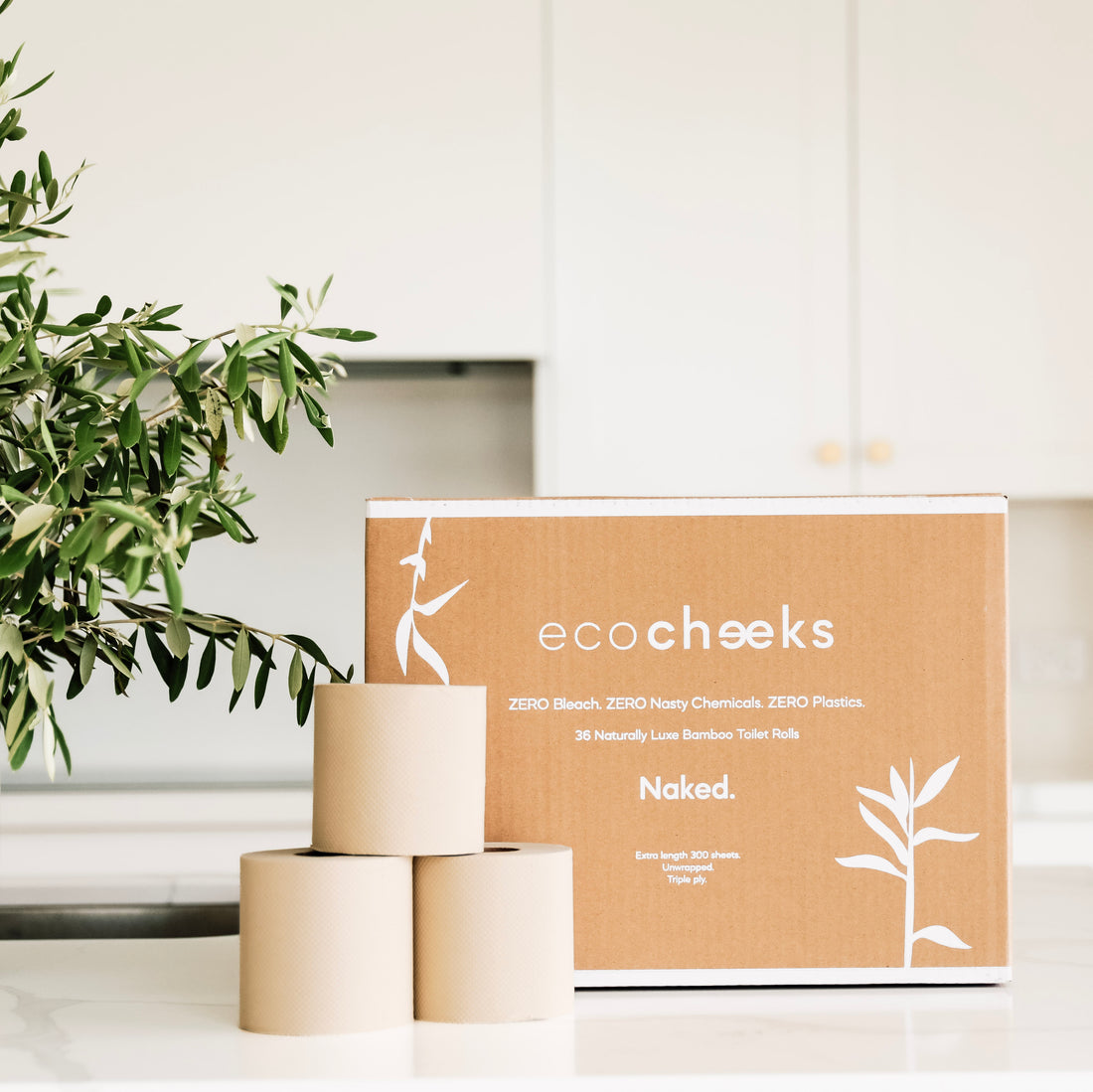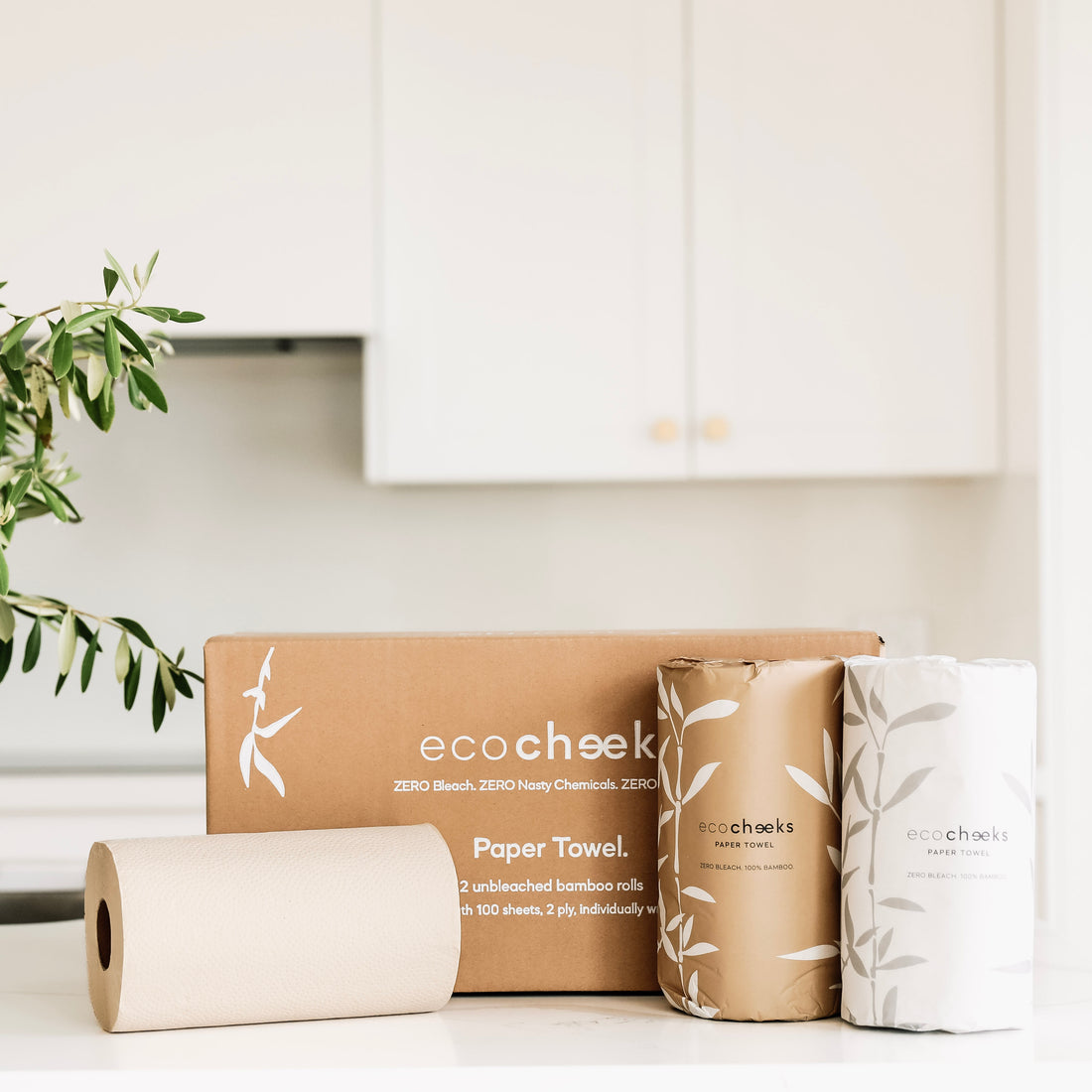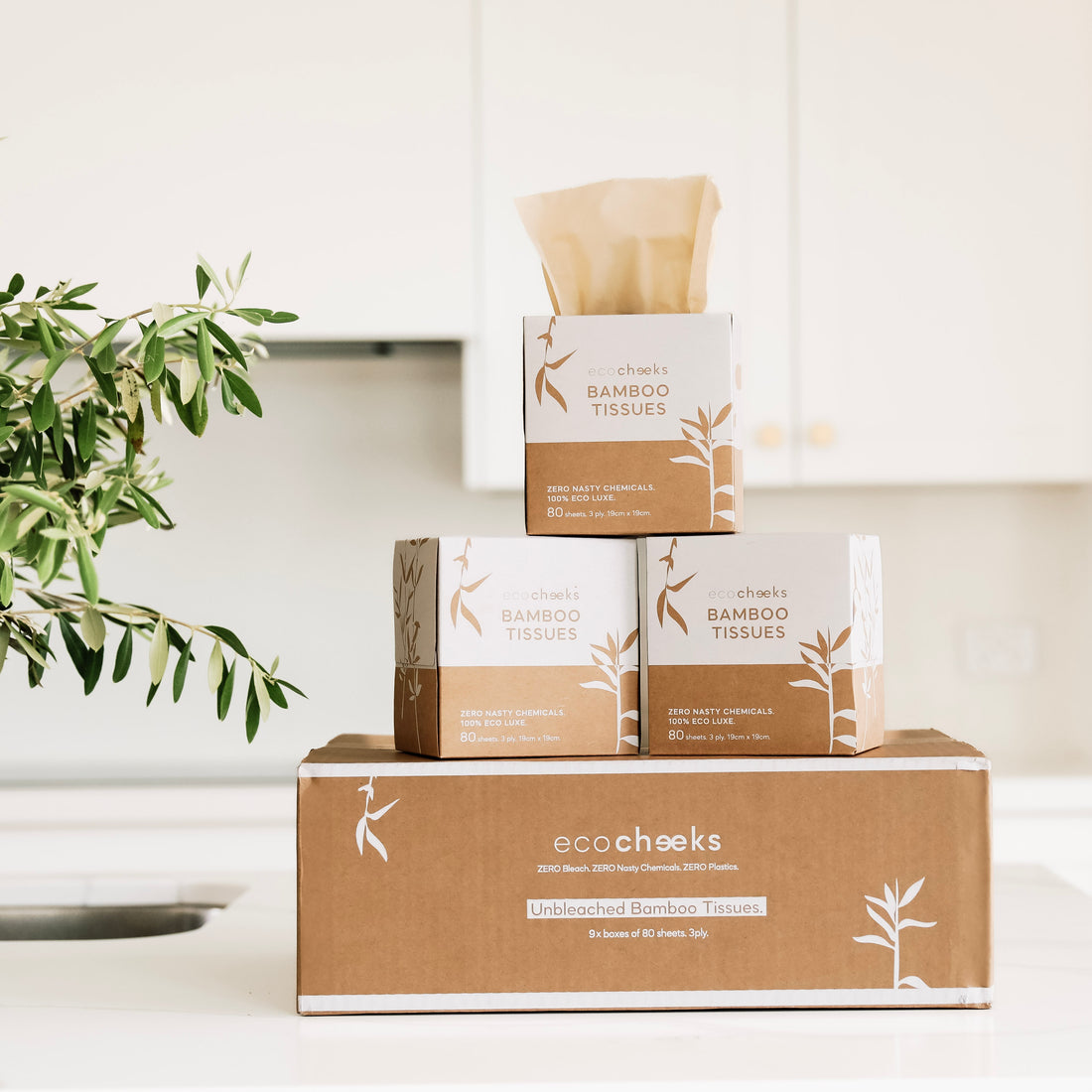Let’s be honest: talking about poo isn’t exactly a dinner conversation. But your number twos might actually be number one when it comes to early warning signs for your health. So yes, we’re going there—because your bathroom habits can reveal a lot, and knowing what’s normal (and what’s not) could genuinely make a difference. Time to give your bowel health the attention it deserves, without making it weird.
Meet the Bristol Stool Chart: Your Poo’s Report Card
Think of this handy chart as a cheat sheet for your stool health and understand what’s happening inside your digestive system. It gives you a visual guide to help decode what you’re seeing in the toilet bowl—no guesswork required.

-
Type 1: Hard lumps that are tough to pass. This usually means constipation and a need for more fibre and water.
-
Type 2: Lumpy and sausage-shaped. Still leaning toward constipation and needs improvement.
-
Type 3: Like a sausage but with some cracks. This is generally considered normal and healthy.
-
Type 4: Smooth, soft, and shaped like a snake. This is the gold standard. If you’re here, your gut is doing great.
-
Type 5: Soft blobs with clear edges. A little loose, but not always a concern.
-
Type 6: Mushy with ragged edges. This may suggest mild diarrhoea or food intolerance.
-
Type 7: Completely liquid. This could signal an infection or something not sitting well with your system.
Ideally, you want to be in the Type 3 to 4 range. Anything too firm or too loose might mean your digestive health needs a little extra care.
What Your Poo Might Be Trying to Tell You (If It Could Talk)
Sure, your poo can’t speak, but it’s definitely sending messages about your bowel health. Paying attention to these signs of your stool health can help you stay on top of your overall wellness.

Image source: https://www.healthline.com/health/digestive-health/types-of-poop
1. Colour Cues
-
Brown is the norm, thanks to bile.
-
Green can be the result of lots of leafy greens or food moving too quickly through your system.
-
Yellow and greasy stools might indicate problems with fat absorption or issues like coeliac disease.
-
Black and tarry stools can be a sign of internal bleeding, though iron supplements may also be the cause.
-
Red can sometimes be caused by beetroot or red food dye—but if that’s not the case, it’s time to speak to your doctor.
2. Shape and Texture
-
Small, hard pellets usually mean you’re not getting enough fibre or fluids.
-
Thin, pencil-like stools could point to a blockage in the colon.
-
Loose and frequent stools may be linked to stress, infection, or even food intolerances.
3. Smell Matters Too
Let’s face it—no one’s poo smells like roses. But if it suddenly becomes unusually foul, it could be a sign of infection, malabsorption, or even something more serious.
When Should You Be Concerned?
Most of the time, your bowel habits might just reflect a bad takeaway or a stressful week. But if you notice ongoing changes, it’s worth checking in with a healthcare professional. Digestive health red flags include:
-
Persistent constipation or diarrhoea
-
Blood in your stool
-
Unexplained weight loss
-
Abdominal pain that won’t go away
-
A sudden shift in what’s “normal” for you
Don’t ignore those signs. It’s always better to be safe and get checked early—especially when it comes to bowel cancer.
Why Bowel Health Deserves More Attention
In Australia, bowel cancer is one of the most commonly diagnosed cancers. The good news? It’s also one of the most treatable when caught early. That’s why knowing your body’s signals, the clues in your stool health, is more important than ever.
How to Keep Things Moving Smoothly
A happy gut means smoother toilet visits. Here are a few things that make all the difference in your digestive health:
-
Eat more fibre. Whole grains, fruits, veggies, and legumes are fantastic for digestion.
-
Stay hydrated. Water keeps things flowing through your system.
-
Keep moving. Regular exercise supports regular bowel movements.
-
Stress less. A calm mind often leads to a calm gut.
-
Get screened. If you’re over 50 or have a family history, bowel screening is a simple and important step.
Final Thoughts: Flush the Taboo
Checking your poo isn’t strange—it’s smart. Your body has clever ways of signalling when something’s not quite right, and your number twos are part of that system. So next time nature calls, take a quick glance before you flush. You don’t need to overthink it—but you do want to stay in tune with how your body’s doing.

By breaking the taboo, we’re making it easier to talk about bowel health—and more importantly, we’re helping people recognise the signs that could lead to early detection and better outcomes.
Let’s keep the conversation going. No shame, no embarrassment—just better health, one loo visit at a time.
For more on bowel health, check out our previous blog here.








